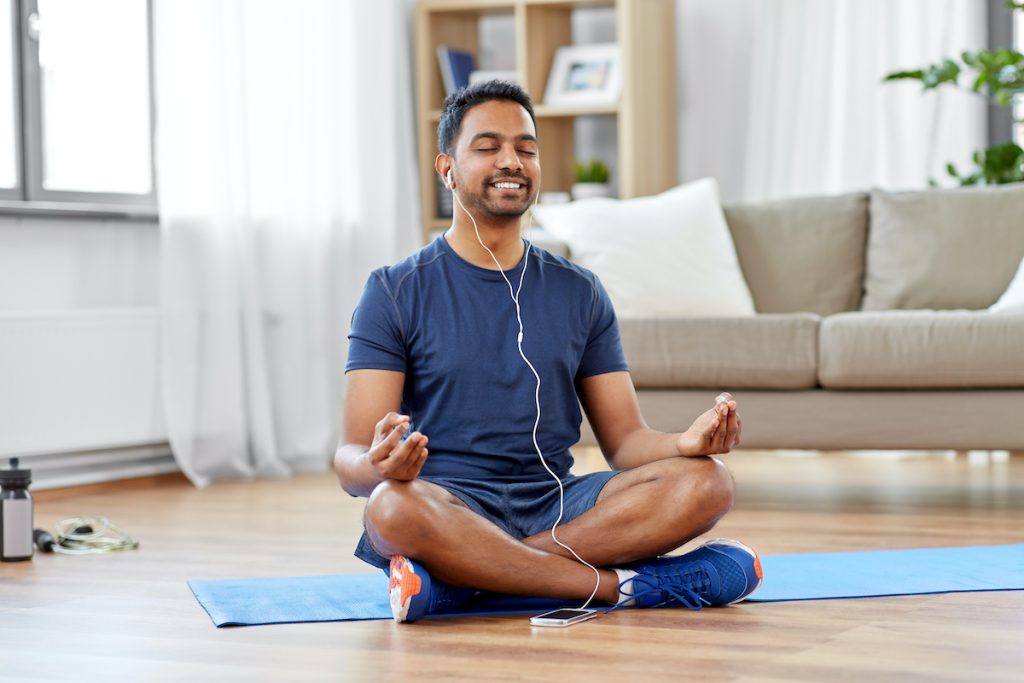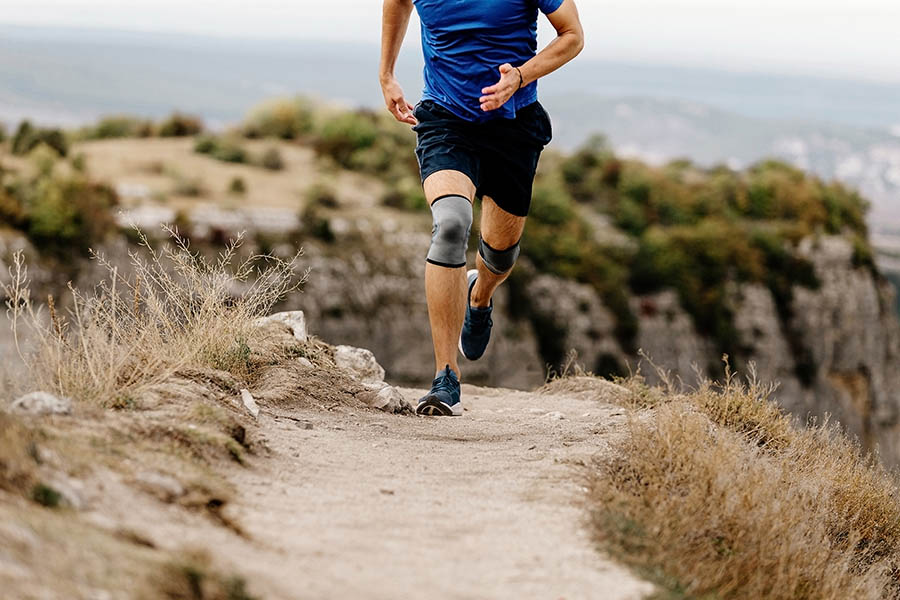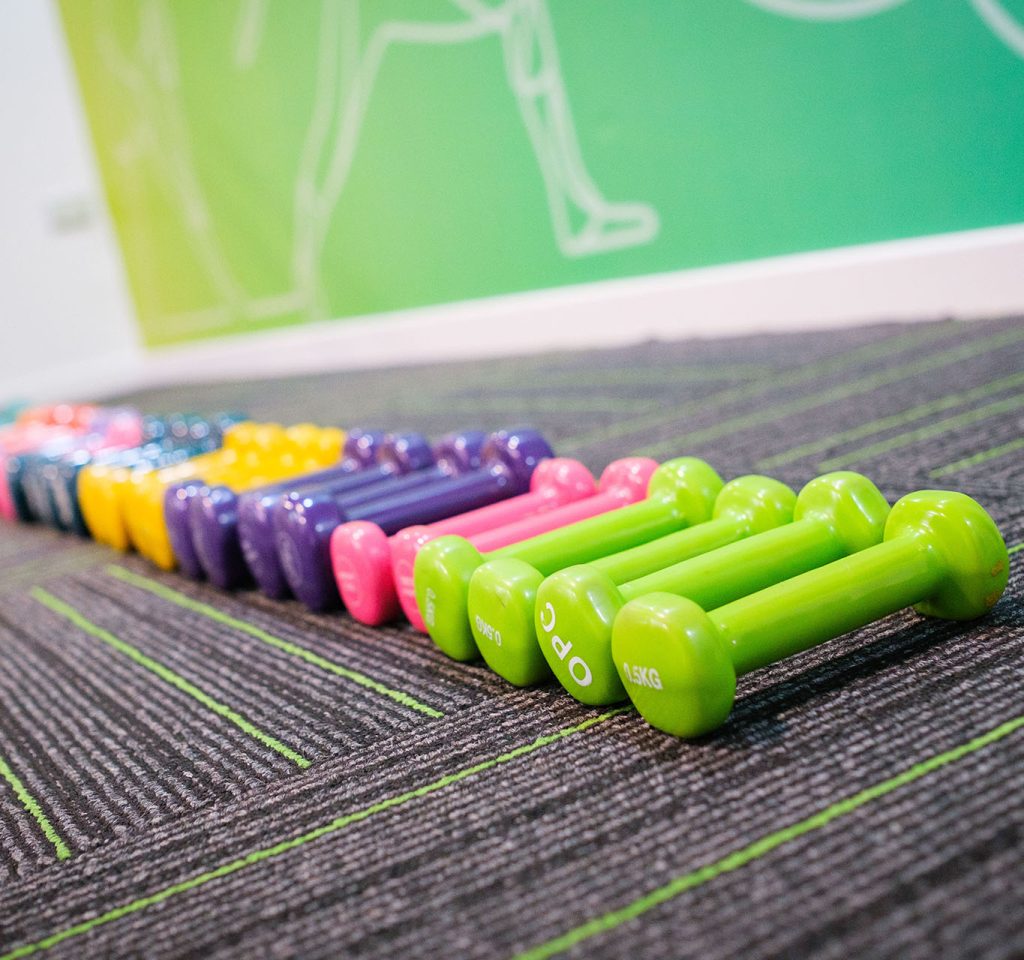When it comes to dealing with an exercise-related or sports injury, physiotherapy and medical care should obviously be relatively high on your priority list. However, besides the physical road to recovery, we often find that many of our patients struggle to stay positive when coping with an injury, which is a completely normal and understandable response. A positive mindset can help to speed up the recovery process and provide you with a more balanced lifestyle. Below are 5 of the most effective ways to maintain positivity and personal wellbeing when dealing with your injury:
Acceptance
The first thing you must do after an injury is to acknowledge that it has happened and accept it. This isn’t the time for self-denial and blissful ignorance. The sooner you accept your injury, the sooner you can craft a realistic recovery plan which will help to ease any frustration or bitterness that you may be experiencing. This is your new normal for the time being, so there’s no point in trying to fight against it.
Besides Exercise, What Makes you Happy?

Make a list of all the other things that make you happy and do as many of them as possible, no matter how minor they might seem. This might be things like reading a novel, watching documentaries, baking, cooking, going to the beach or any number of other things that bring you joy. Doing these things on a regular basis, while you’re recovering will help to remind you that you aren’t only defined by sports or your love of exercise.
Work Out your Brain
While you may not currently be able to work out in the ways that you’re used to, it’s crucial that you exercise your brain. Not only is your usual exercise great for your mental health but also, while you aren’t able to get out and about as much as usual, your brain isn’t getting as much stimulation. Doing brain exercises like puzzles, crosswords and quizzes will help you to maintain a more positive mindset. You can also look for a fun brain training app to download on your phone.
Consistency is Key
When you’ve created a recovery plan with your physiotherapist or healthcare specialist, it’s crucial that you stick to the plan. Whether it be attending your physiotherapy appointments, getting massage therapy or maintaining chiropractic care, you must stay focused. The path to recovery requires consistency and commitment, so make sure you stay on track and trust the process. Not only will this help you physically, but it will massively boost your mental wellbeing by ensuring that you remain motivated.
Low-Impact Exercises

Often, an injury doesn’t mean that you have to stop exercising all together and commit to a life as a couch potato. If you’ve injured your knee, you can do regular upper body exercises that aren’t too strenuous. Alternatively, if you’ve injured your wrist, you can go out on walks. As you recover, you may be able to engage in low-impact, full body workouts like yoga or swimming to help regain strength. Always consult your physiotherapist before engaging in a workout regime as part of your recovery.
If you’re looking for help dealing with a sports or exercise-related injury, or perhaps you just want to live a life free of restrictions and pain, our team of experts and industry specialists know exactly how to help. Get in touch with us at BodyViva today!











